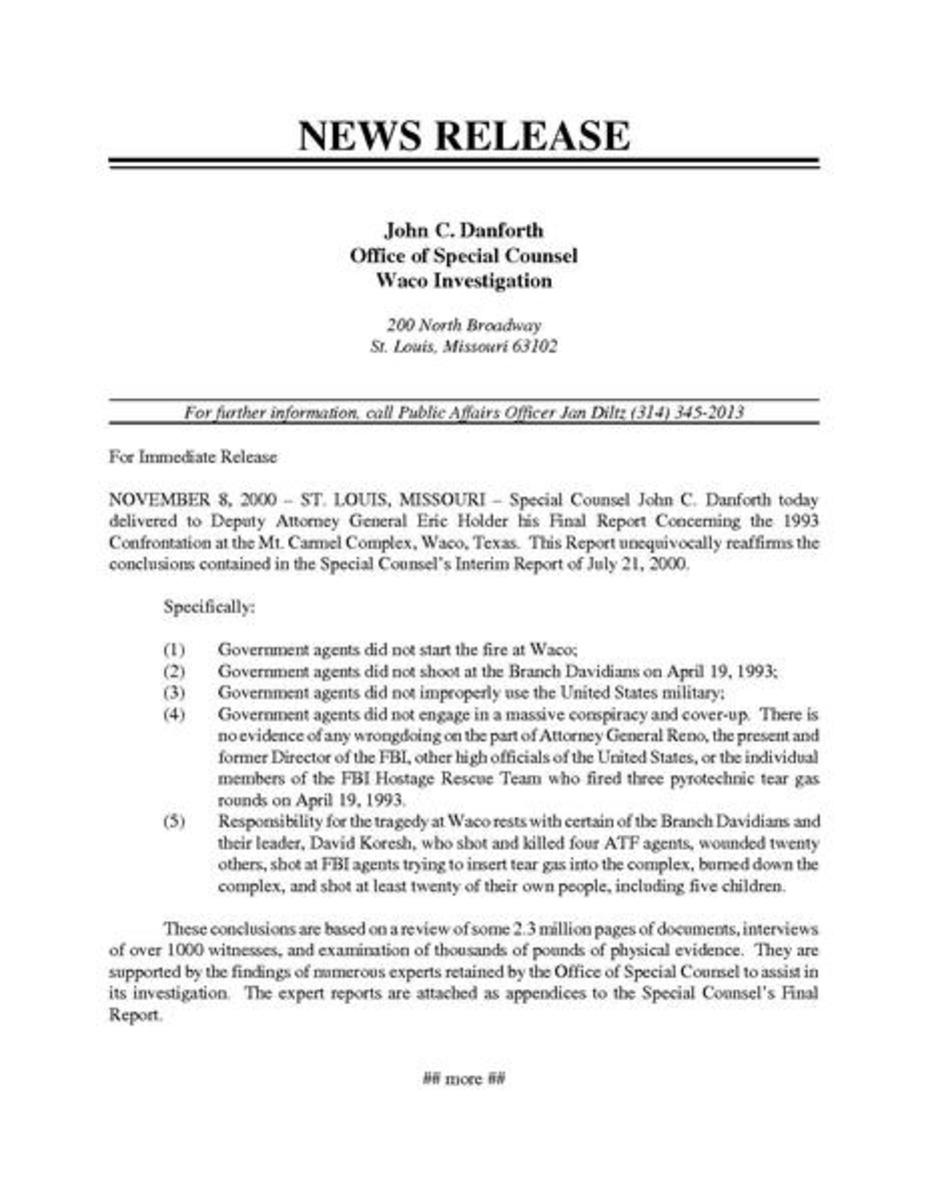Accent and The Media

When we say accent, we are referring to a particular way a word is pronounced in different regions of the world; accents don’t just vary in different countries but in different cities as well. For example, in the United Kingdom there are many forms of accents such as those from Liverpool, Northern Ireland, Scotland and Somerset. Where Scouse - the accent from Liverpool - will often have ‘k’ pronounced as ‘x’, so ‘back’ would be pronounced ‘bax’, someone with a Somerset accent on the other hand may pronounce their ‘f’ as a ‘v’, such as ‘farmer’ being pronounced as ‘varmer’. There are many different accents all over Britain, but some accents are considered ‘better’ than others when it comes to social status or Intelligence; part of this discrimination has come from the media.
When it comes to the News most reporters will have an RP accent, which is Received Pronunciation and does not associate with any region in particular. This is associated with people who are upper-class. The reason it is used in the News is because it is possible for everyone to understand; people in London for example may find it hard to understand what is being said by someone with a strong Scottish accent and visa versa, so a voice of no discernable accent is best, however another reason it is used is because RP connotes professionalism, which is why it is also used in adverts for products such as computer technology or cars because the audience is psychologically affected by this and reflects the sound of the voice into the product being sold, therefore it makes the car or computer seem more sophisticated than if it were someone with a west country accent. Rural accents such as those from Somerset or Dorset are often used in adverts for food as they have connotations of naturalism, which people want in what their eating and rural accents also have a warmer more personal feeling to it, making the product feel as though it has made with care.
However television and Radio programmes often stereo type people with particular accents; a good example of this would be The Vicar of Dibley which has the ‘thick’ people with country accents and the two relatively intelligent characters have with an RP accent or speak Estuary English. Estuary English is a term from the early eighties which describes people’s that resided near the River Thames in south-east London, but is now widely spoken all over Britain as far as Liverpool and Scotland. This accent is a type of modified cockney combined with a modified London accent and includes glottal stops such as omitting the letter‘t’ from words such as ‘water’, or pronouncing ‘l’ as a ‘w’ so ‘tall’ becomes ‘tauw’. In Estuary English the letter ‘a’ is also broadened in words like ‘grass’. This has led to both and upward and downward convergence as those with Cockney accents may start moving further towards Estuary English possibly because of moving to another area and don’t want to be considered lower status, but some RP speakers are also losing elements of their original pronunciation in a possible effort to integrate in with the rest of society.
In recent years Estuary English has become more popular in the media too, with newscasters no longer necessarily having and RP accent. It is possible that in the future Estuary English might be known as the new Standard English or might even take away discrimination of different regional accents.
Though the media does increase the stereotyping of our attitudes towards particular accents, it isn’t all to blame because these attitudes must have already have been present for the media to stereotype them in the first place. However, as the English language changes through time, so do attitudes towards it; in the future it may be possible to see people such as Tom Leonard reporting the news and everyone understand what he says; as RP accents become less common and Estuary English starts to become more popular it could hold a common ground that all people or Britain are comfortable with, but it is certain that RP accents shall never die out completely and that it is likely there will always be some form of discrimination to some regional accents, whether it be determining intelligence or social status. It is also likely that rural accents will continue to be favoured because of the friendly tone it carries.








